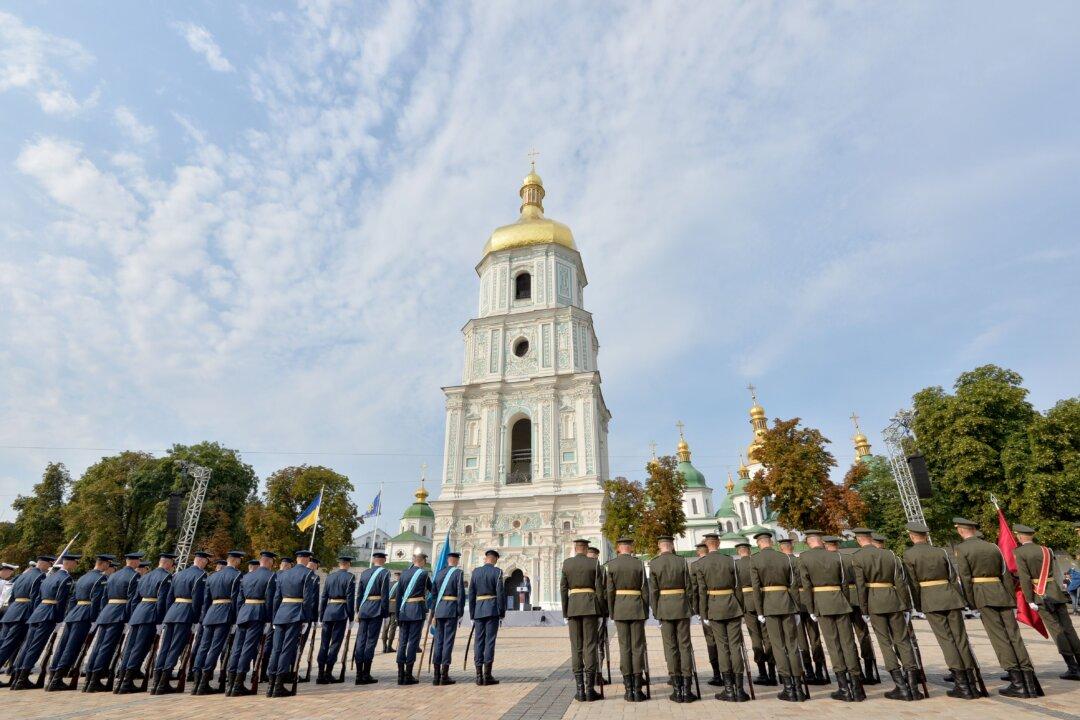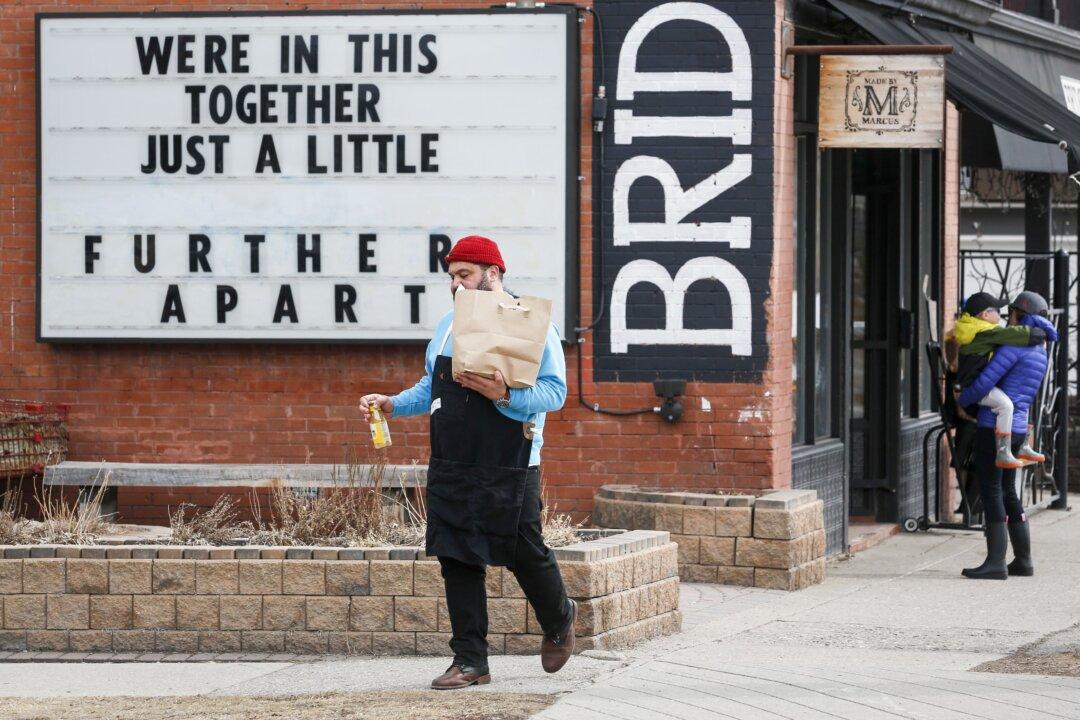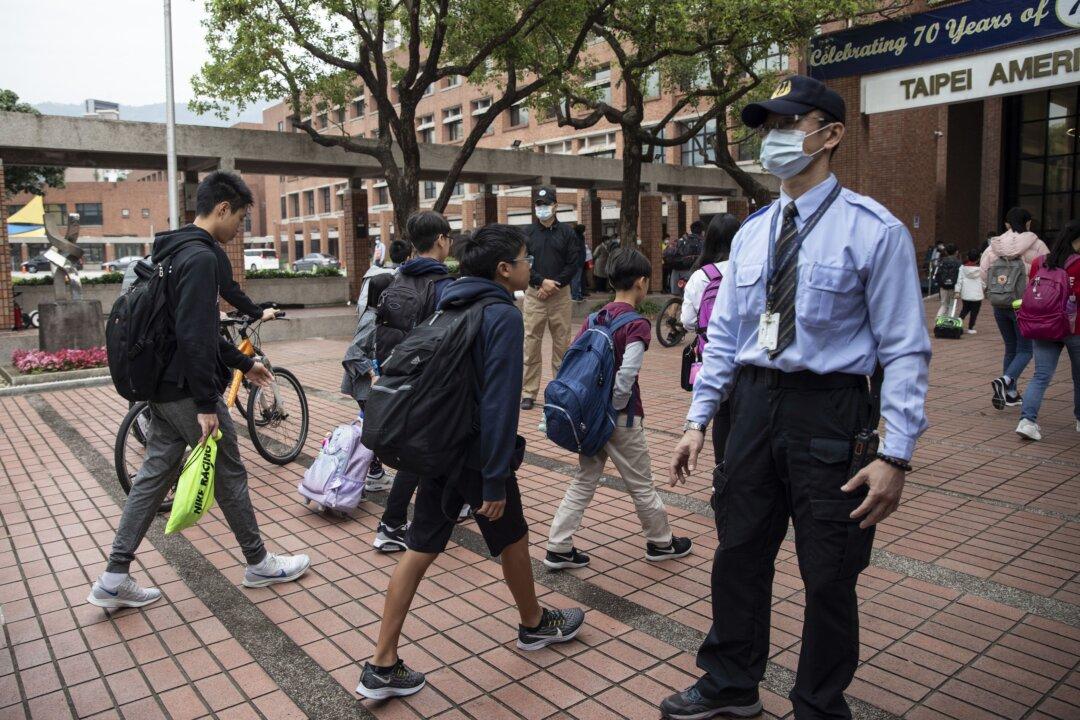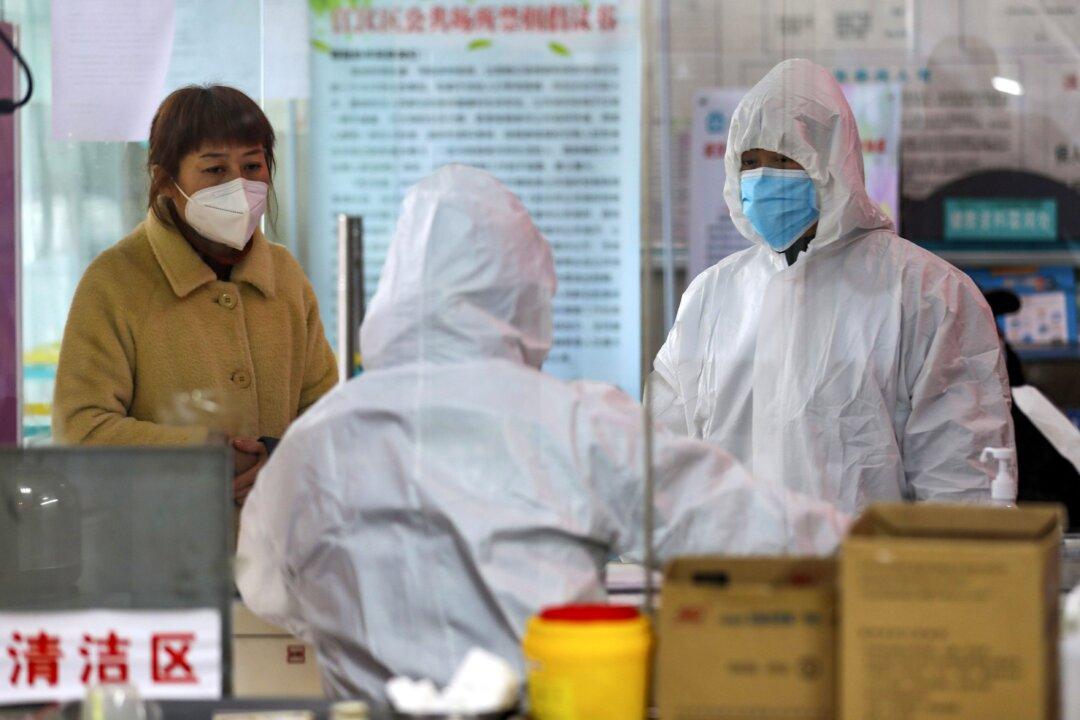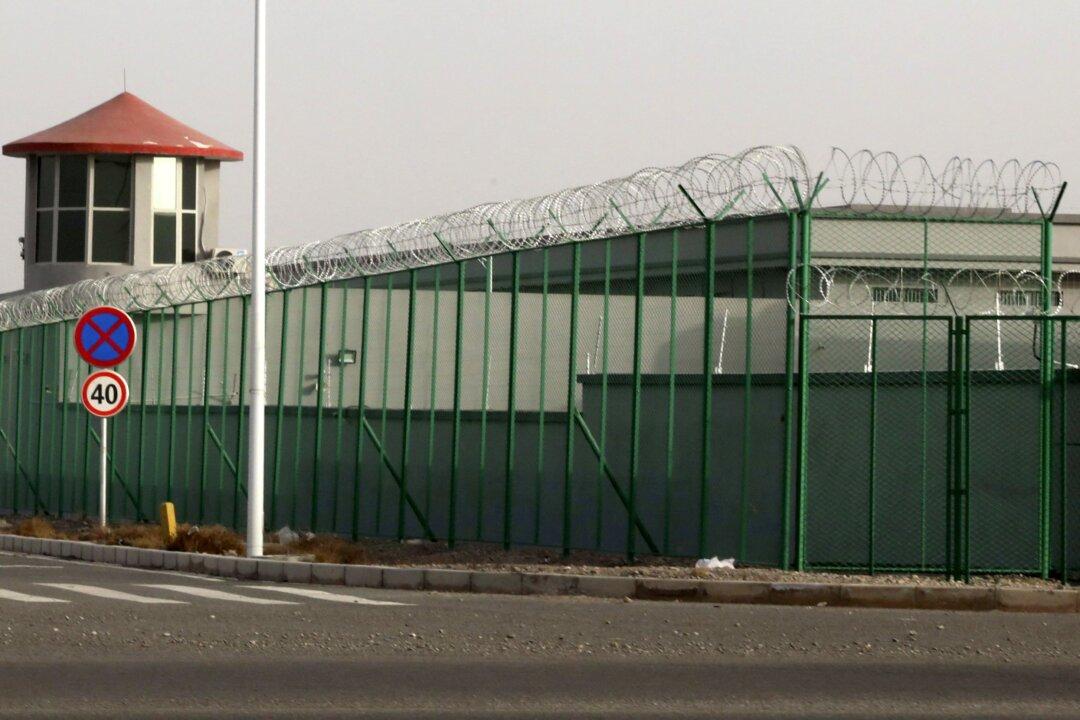Ukraine, with its estimated population of 44 million, second largest land mass in Europe, and restored independence since 1991, maintains a strong hold on the loyalty, consciences and self-interest of responsible Europeans and North Americans.
It has for decades been a global breadbasket because of its vast fertile farmlands; it is again one of the world’s largest grain exporters. Its diversified economy includes a strong manufacturing sector, especially aerospace and heavy equipment.
We might remind ourselves that in May, 1945, as World War Two ended, there were about three million displaced Ukrainians—a good many from countries not even part of the Soviet Union when the fighting began. Regardless, Stalin wanted them all returned to his clutches. Contrary to the Geneva Convention, the European and American armies egregiously accommodated him for all but about 200,000. Many of those forcibly returned were quite predictably killed on Stalin’s orders; some committed suicide rather than be handed over to Hitler’s then arch rival in mass murder.
When “Operation Keelhaul” was finally stopped, about half of the 200,000 left were settled in the United Kingdom, Australia, the United States, and Canada.
The first immigrant from Ukraine to the United States arrived in 1607, but the largest wave came only in the 1990s after the Soviet Union imploded. Today there are almost a million Americans of origin in Ukraine. Wikipedia indicates that among the sovereign states geographically situated in Europe thirteen have significant Ukrainian minorities.
Canada’s experience with Ukraine and its people is perhaps unique. Our Ukrainian-Canadian community is now 1.3 million strong and is successful in every region and walk of life. Our new foreign minister, Chrystia Freeland, for example, is one of its outstanding members.
Between 1891 and 1914, about 170,000 persons from what is now Ukraine took homesteads in Prairie Canada, breaking the soil, clearing forests and with newcomers from many other lands becoming central figures in our national mosaic.
During World War One, misguided policies caused about 6000 Ukrainian-Canadians to be interned. As Vera Lysenko has noted, “One repressive measure followed another...Thousands of harmless (Ukrainians) were rounded up by the police and herded into concentration camps...The slightest criticism on the part of a Ukrainian and he was dragged from home, factory or hotel and placed in an internment camp.”
The Wartime Elections Act of 1917 disenfranchised every alien naturalized since 1902. The folly continued when Ukrainians were dropped to “non-preferred” status by Ottawa during the 1930s, when not doing so might have allowed the escape to Canada of some among several million Ukrainians deliberately starved to death by Stalin during the Holodomor of 1932-33.
Yale Professor Timothy Snyder, author of the seminal “Bloodlands: Europe Between Hitler and Stalin,” follows events in Ukraine closely. He observes, “Oppression in Russia, war in Ukraine and the destabilization of the West are grotesquely high prices to pay for (Putin’s) preferences...We had better think instead about what we value and what we can do to protect it. If Ukraine becomes Novorossiya, Europe becomes Eurasia, and the West collapses, it will not be because of Russia’s physical strength, but because of our mental weakness.”
Having just spent most of a week in Ukraine, I’m convinced that the right combination of courage and prudence, including “peace through strength,” will maintain the independence of Ukraine. We must all stand up to any further threats and bombast with a unified determination and without being drawn into any spiral of mounting tensions. Smarter and tougher sanctions aimed at Russia’s oligarchs appear necessary to avoid harming 140 million Russians rather than the 140 or so cronies who now both own and govern the country.
Nor should we forget the indigenous population of occupied Crimea—the Crimean Tatars. Making up roughly 15 percent of Crimea’s population, they have become a single strong voice in favor of Ukraine’s quest for independence and integrity. Russia’s leadership makes no excuses for disloyalty. The human rights situation in Crimea remains dire as more and more Crimean Tatars are arrested and prosecuted on bogus charges.
If President Putin really seeks to restore Russia’s lost influence internationally, he should reflect on the one hundred governments who voted for a resolution against his seizure of Crimea in the UN General Assembly in 2014. Only ten member states, including Zimbabwe and North Korea, voted with Russia.
The hundred have hopefully also sent other strong signals to Moscow of their determination to stand with Ukrainians and their national independence.
David Kilgour, a lawyer by profession, served in Canada’s House of Commons for almost 27 years. In Jean Chretien’s Cabinet, he was secretary of state (Africa and Latin America) and secretary of state (Asia-Pacific). He is the author of several books and co-author with David Matas of “Bloody Harvest: The Killing of Falun Gong for Their Organs.”
